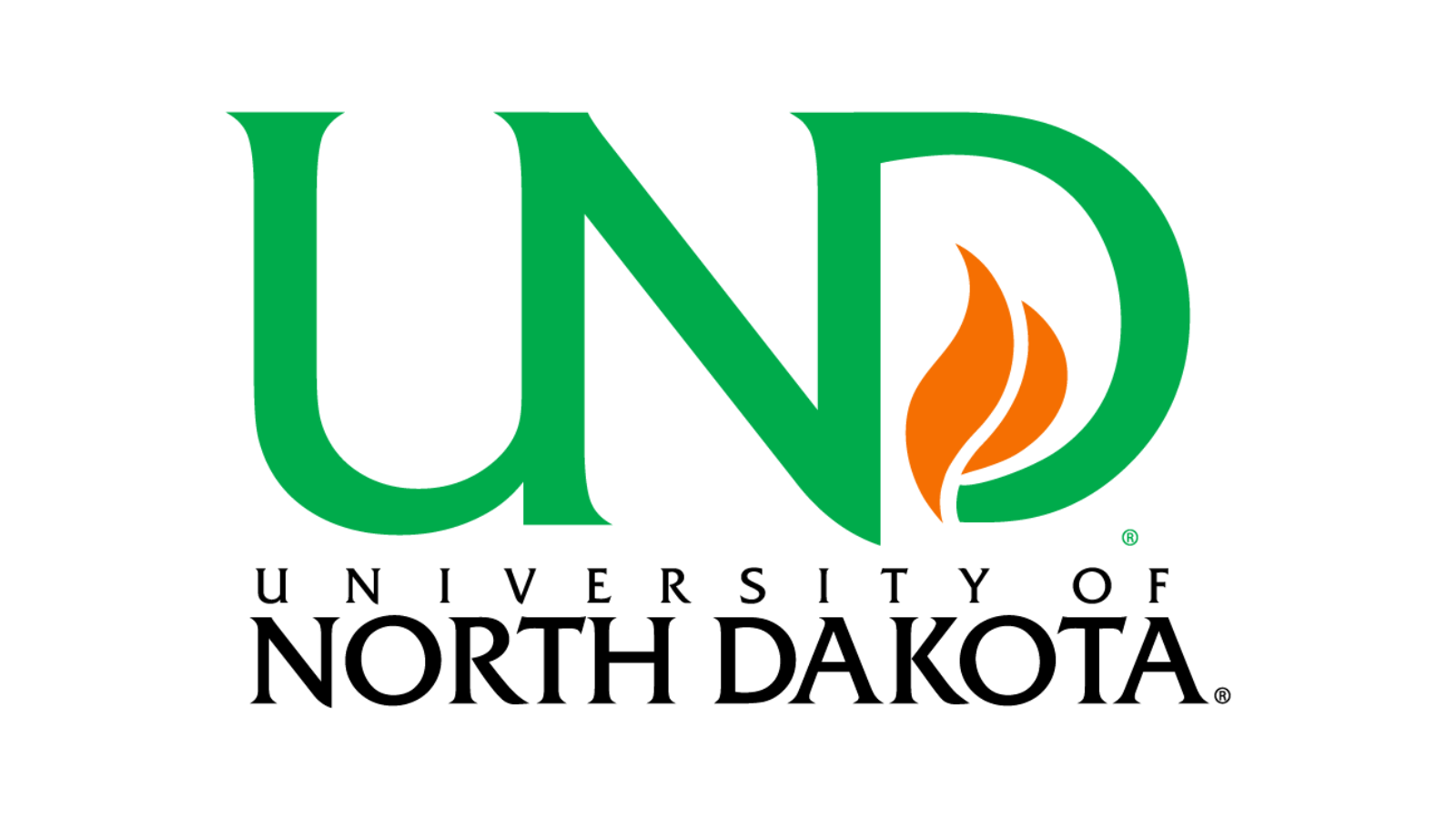University of North Dakota (UND) Department of Social Work that reduces the disproportionate placement of American Indian/Alaskan Native (AI/AN) children away from their families has been awarded the necessary funding to further develop its work.
The Administration for Children and Families (ACF) awarded UND a five-year federal grant totaling $2.5 million in October. This, their second grant from ACF, allows the department and its partners to continue building upon the North Dakota Indian Child Welfare Act (ICWA) Implementation Partnership Grant. This funding helps advance ICWA, legislation enacted in 1978 to stop the unwarranted removal of AI/AN children from their families.
Due to decades of stalled progress in reducing welfare system inequities under ICWA, the U.S. government issued regulations and guidelines to better implement the law in 2016. That same year, UND’s first ACF grant, which ultimately received a two-year extension, was awarded.
Now ICWA is seen as the gold standard of child welfare practice because the law requires welfare workers to engage in active efforts to reunite families, says Carenlee Barkdull, PhD, principal investigator for the grant and UND social work professor.
“We know that kids do so much better [statistically] if removal from the home can be prevented, and [when] the family receives intensive support and services to address problems and challenges. … And we certainly know that the more kids are connected to their communities and culture, the better outcomes for kids, families, and communities overall,” Barkdull says.
The first iteration of the grant focused on developing partnerships, new policies and procedures, and stakeholder training curricula.
 It also led to the creation of the ICWA Family Preservationists (IFP) Program, housed by the Native American Training Institute (NATI), says Harmony Bercier, project manager at UND and prevention services program developer with NATI. IFPs are authorized representatives of the North Dakota tribes who provide information and updates on Indian welfare cases, real-time coaching, meeting support, and education on ICWA to families.
It also led to the creation of the ICWA Family Preservationists (IFP) Program, housed by the Native American Training Institute (NATI), says Harmony Bercier, project manager at UND and prevention services program developer with NATI. IFPs are authorized representatives of the North Dakota tribes who provide information and updates on Indian welfare cases, real-time coaching, meeting support, and education on ICWA to families.
Other training programs developed through this grant include education for tribally affiliated Qualified Expert Witnesses (QEWs), who can testify in cases on the social and cultural standards of the tribe, and who also sometimes serve on the IFP; cultural competency instruction for a variety of professionals including human services and child welfare workers, as well as legal advocates; and resources for foster parents.
“It’s projects like ours that highlight the strengths of tribal knowledge and the history and all of the capacities and the wonderful things that we have to share,” Bercier says. “Working on those trust relationships on both sides [is needed] so that partners can come together to create something that’s truly transformative and awesome.”
Program leaders are developing new curricula as well as reviewing the long-term outcomes of the training. Additionally, they aim to expand resources, especially for tribal stakeholders, as well as study the IFP and QEW programs’ effectiveness and find areas for improvement. A long-term goal is to serve as a model for organizations developing similar programs in their own state.
At UND, the project has positively impacted the Department of Social Work, says Barkdull, including enhancing the academic environment for Native students by providing expanded accessibility, academic resources, and diversity, equity, and inclusion-related discussions and practices. UND is producing ICWA champions, some of whom have continued their involvement with the organization in their professional careers, Barkdull says.
“The ripple effects have been so transformative for our department and for how we view ourselves, for who we are, for how we teach and what we teach,” Barkdull says.●




















